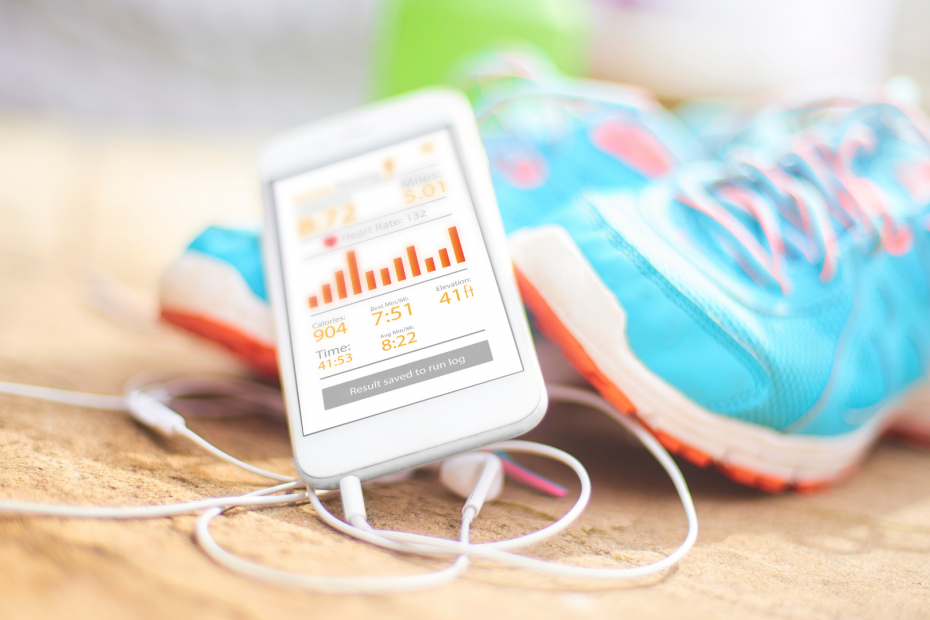Fitness apps use data to show you how much weight you’ve lost, how many steps you have taken, how many calories you burned, and other useful information. But, are fitness apps’ timelines applicable to different human bodies?
What Are Fitness Apps
Fitness apps, perhaps built by reputed mobile app design and development companies like Tack Mobile, seem to have made working out easy. You can log your daily exercise with apps like Map My Run or Fitbit. You can track you’re eating with apps like MyFitnessPal. With the new Google Fit app, you can track all your activities, including your walking, running, cycling, and workouts at the gym. A business that works towards improving your overall fitness using these applications, often resorts to bespoke development to add improved and unique features to their apps. For instance, if you are a business owner who is into this industry, you might partner with xyndata, your partner for mobile application development (and the likes) to create an experience for your users. However, no matter the process and the uniqueness added, the users must still take the initiative to start their fitness journey and not rely completely on an application.
Fitness apps promise to help you meet fitness goals. But how do they work? Many use fitness trackers, which are essentially wrist-worn heart-rate monitors, pedometers, GPS devices, and barometers. Fitness apps use these devices to collect data about your activities, such as walking and running and then use the data to calculate the number of calories you burn and your heart rate. Fitness apps also can reward you with badges or achievements based on your goals or certain milestones.
Effectiveness of Fitness Apps
Apps have made the life of fitness enthusiasts much easier by helping them monitor their exercise routines and track their progress. Not only this, but some apps can also give reminders to people for when they need to drink water or when the body requires more energy (in case of certain workouts), so that the individuals can intake more water or consume Shroom Flex capsules or similar supplements to meet those needs. Certainly, apps have been taking care of people like family these days and have proven to be a boon in many areas.
Fitness apps have become immensely popular among fitness enthusiasts, who have praised the results they have achieved from using these applications. However, there are doubts about whether these fitness apps help people lose weight since the users usually make different choices based on their tastes.
Everyone has heard of the fitness app Map My Run, but have you heard of Map My Fitness? Well, it’s the same concept, where users track their heart rate, distance, and calories burned. The problem is that this app suffers from a lack of functionality, especially regarding its timeline. A timeline of how the user’s progress looks overtime is necessary, but the app doesn’t offer this, and I feel that’s unfortunate.
Why are Fitness Apps Important?
Fitness apps have helped people stay fit for many years, but with more people using apps to track their fitness, especially cardio training, the fitness apps industry has been booming. However, many people wonder if the accuracy of fitness apps is up to the mark. People use different apps to track their exercise routine, and some apps have features that allow users to track their workouts against other participants from across the globe.
For the past few years, fitness apps have become increasingly popular. A smartphone with one of these apps can potentially help a person monitor their body measurements, heart rate, sleep, and even nutrition. These apps can even provide users with personalized workout regimens based on age, gender, weight, and health goals. Some apps even allow users to track their social media activity, including likes, comments, and shares, which can prove that people are willing to admit their health and fitness goals online.
How Fitness Mobile Apps Can Help in Improving Your Fitness
Fitness apps have a really high adoption rate, but are they rigorously tested? Also, how do they help in improving health fitness?
Technology is constantly changing our way of life. As a result, human lives are becoming more and more dependent on technology. From personal health to transportation to entertainment, technology has changed our lifestyle and has made us more knowledgeable and aware of our environment. Food delivery apps have made our lives easier when it comes to health and fitness.
Fitness apps can effortlessly track all the exercises you perform, as well as workout-related data like your heart rate, calories burned, and distance traveled. Fitness apps can record everything from cardio-pulmonary exercises to weightlifting to yoga or Pilates. The how’s and why’s of exercise, though, is a subject that requires further exploration.
Benefits of Fitness Apps
As fitness apps and wearables gain more popularity ever, many people are starting to wonder how accurate the data collected from these apps can be. Fitness apps can track everything from the number of steps taken in a day to the calorie burn rate, and one of the most common questions is whether or not this data is applicable across all body types.
Fitness apps have made exercising or staying active easier than ever before. With a mobile fitness app, you can increase your activity levels and stay fit even when you’re unable to go to the gym. There are hundreds of fitness apps to choose from, so which ones should you download? Here are four tips to help you choose the right fitness app for you.
Most fitness apps track your activity levels by counting your steps or how many miles you walk or run per week. But that doesn’t accurately measure your body’s activity levels; only your body knows how much energy you burn through daily life. While those activity numbers may be right on target, there’s really no way to tell how much your body burns at rest.

